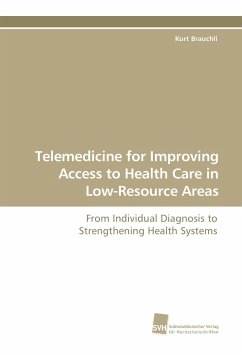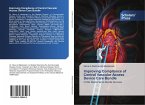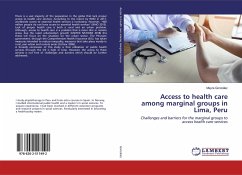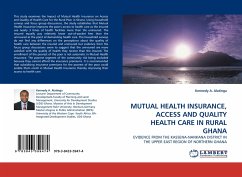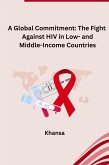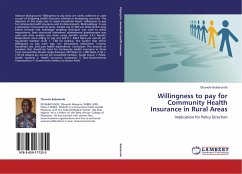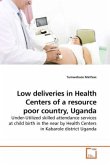In many developing countries there is an acute shortage of trained medical specialists. Not only does this hamper individual patients' access to medical care, but furthermore limits the development of health systems as the specialists play a major role in the provision of continuous medical education for other health care personnel. The rapid development of information and communication technologies has enabled radically new forms of collaboration at a distance and allows us today to transmit knowledge to the patient rather than only transporting patients to the centres where knowledge is available; this has promising implications in particular for remote and under-served areas. In his dissertation, the author introduces telemedicine in general and then gives an in-depth overview of the iPath telemedicine system developed during his PhD. The introduction to technical aspects is followed by a scientific evaluation of the medical feasibility and diagnostic accuracy of distance diagnosis within various projects using the iPath system. Finally, the author analyses the impact and potential risks and benefits of telemedicine on the involved health care system.
Bitte wählen Sie Ihr Anliegen aus.
Rechnungen
Retourenschein anfordern
Bestellstatus
Storno

